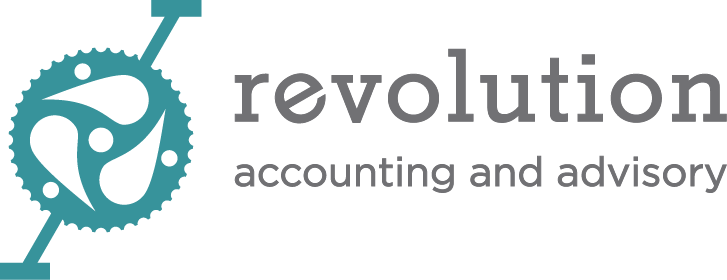Seek Out Minority-owned Depository Institutions for PPP loans
NOTE as of MAY 27, 2021:
Since this post was published in March, funds for PPP are reported to be exhausted, prior to the May 31, 2021 deadline.
If a Paycheck Protection Program (PPP) loan would help your small business but you did not have luck finding a lender last year, consider looking into a minority depository institution (MDI). And no, it’s not too late to apply*.
MDIs are getting more attention these days because of The Economic Aid to Hard-Hit Small Businesses, Nonprofits, and Venues Act (Economic Aid Act). The Economic Aid Act prioritized loans from MDIs (and Community Development Financial Institutions, or CDFIs). Also, it set aside $15 billion for first- and second-time loans issued by MDIs and CDFIs. So, what is an MDI? Why should you look into one for your PPP loan?
How the FDIC defines an MDI
The FDIC defines any FDIC-insured savings bank, commercial bank, credit union, or savings and loan institution as an MDI if:
51% of the voting stock is owned by Black American, Native American, Hispanic American, or Asian American individuals; or
the majority of the board of directors are minorities and the board serves a predominantly minority community.
MDI lenders can also be CDFIs, a certification granted by the U.S. Treasury for mission-based banks.
Banks catering to customers who were not welcome elsewhere have been in existence in the U.S. for over 150 years. During the American Civil War, military savings banks were established for Black soldiers. Maggie Lena Walker became the first Black woman to found and charter a bank in the U.S., in 1903. The MDI designation became law in 1989 under Section 308 of the Financial Institutions Reform, Recovery and Enforcement Act.
The FDIC is committed to “preserving, promoting, and building capacity in these institutions” because, as FDIC Chair Jelena McWilliams said about MDIs, “When a bank closes down, so does the main street. And when the main street closes down, the whole community loses.”
Will you have better luck getting a PPP loan through an MDI?
The Economic Aid Act focused on hardest-hit small businesses serving and employing people in disadvantaged areas by prioritizing applications from and designating funds for loans through MDIs and CDFIs. MDIs specialize in providing financial products and services to small-business owners and entrepreneurs with limited options. These lenders are on a mission to serve your community, speak your language (literally), understand your credit and collateral limitations, and have the financial products you need, like an SBA PPP loan.
Unfortunately, I have not seen any reports that applicants to the PPP through MDIs have a higher success rate than through non-MDIs. Still, MDIs are making loans happen for small businesses. Last year, MDIs made 123,615 loans totaling $10,394,826,773. If you have been discouraged by the application process for a PPP loan and your business qualifies for one, why not try an MDI?
Is there an MDI lender list? Yes!
To find an MDI in your area, the FDIC maintains a list of MDIs published quarterly.
Our friends and payroll partner Gusto created a database of MDIs offering PPP loans that they updated in September 2020.
Opportunity Finance Network created an online CDFI Locator to search for CDFIs participating in the SBA PPP program.
The SBA Lender Match is a free, online tool that will find you a lender in two days.
The Office of the Comptroller of the Currency maintains an online database of minority and woman-owned depositories in the U.S.
Even if a PPP loan is not right for you, an MDI offers alternatives. MDIs that are SBA lenders can help you apply for an Economic Injury Disaster Loan. You can also get an equipment loan, a business credit card, or a line of credit from an MDI.
Don’t forget, cloud software for necessary operations is a covered expense for PPP loan forgiveness. Sage Intacct can better your chances of loan forgiveness. Schedule a call with Revolution today.
* Deputy Director of the National Economic Council Bharat Ramamurti told the U.S. Chamber of Commerce the government is open to extending the PPP deadline of March 31, 2021.
EDIT: On March 17, 2021 the House of Representatives passed the PPP Extension Act of 2021, which would extend the deadline to May 31. The Senate version passed 92-7 on March 25, 2021.

